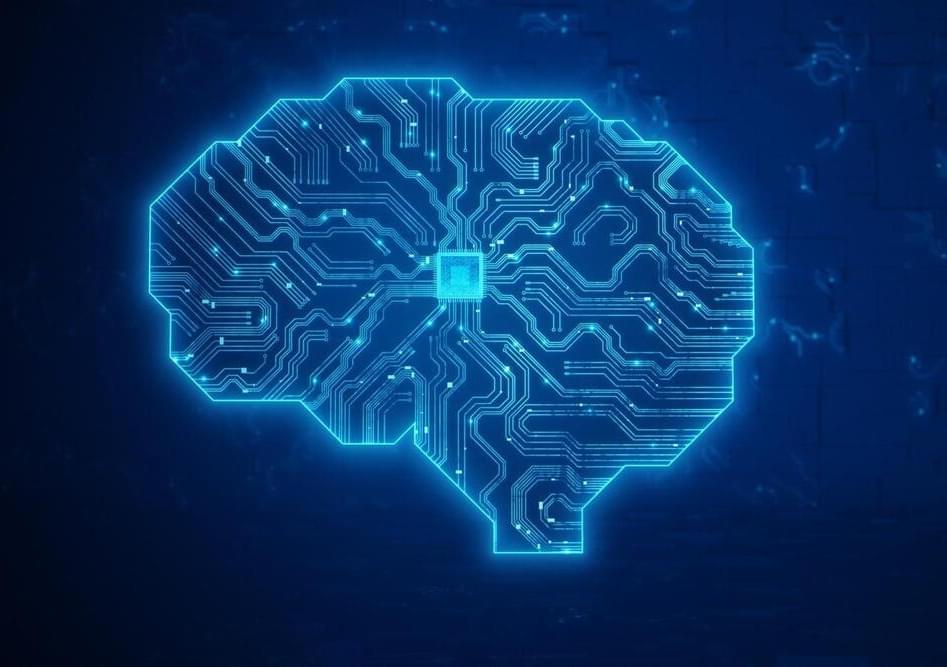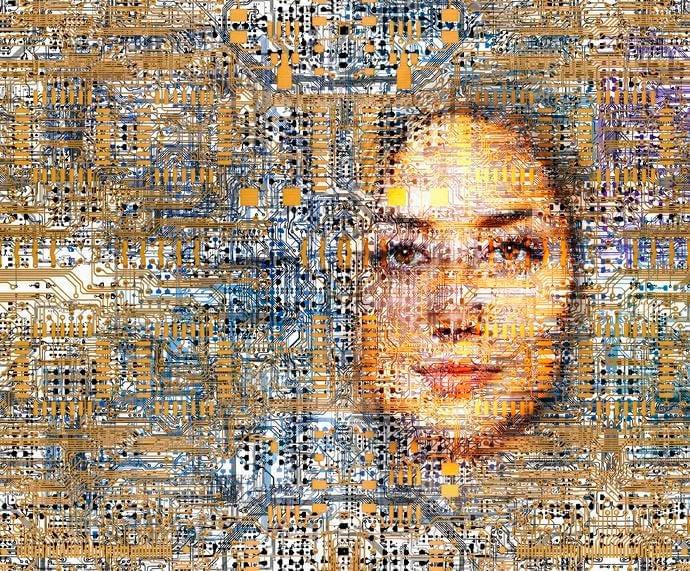Duke University professor Sultan Meghji joined ‘Fox & Friends Weekend’ to discuss artificial intelligence and scientists’ latest efforts to combine the technology with brain cells. #foxnews.
Watch more Fox News Video: http://video.foxnews.com.
Watch Fox News Channel Live: http://www.foxnewsgo.com/
FOX News Channel (FNC) is a 24-hour all-encompassing news service delivering breaking news as well as political and business news. The number one network in cable, FNC has been the most-watched television news channel for 18 consecutive years. According to a 2020 Brand Keys Consumer Loyalty Engagement Index report, FOX News is the top brand in the country for morning and evening news coverage. A 2019 Suffolk University poll named FOX News as the most trusted source for television news or commentary, while a 2019 Brand Keys Emotion Engagement Analysis survey found that FOX News was the most trusted cable news brand. A 2017 Gallup/Knight Foundation survey also found that among Americans who could name an objective news source, FOX News was the top-cited outlet. Owned by FOX Corporation, FNC is available in nearly 90 million homes and dominates the cable news landscape, routinely notching the top ten programs in the genre.
Watch full episodes of your favorite shows.
The Five: https://www.foxnews.com/video/shows/the-five.
Special Report with Bret Baier: https://www.foxnews.com/video/shows/special-report.
Jesse Watters Primetime: https://www.foxnews.com/video/shows/jesse-watters-primetime.
Hannity: https://www.foxnews.com/video/shows/hannity.
The Ingraham Angle: https://www.foxnews.com/video/shows/ingraham-angle.
Gutfeld!: https://www.foxnews.com/video/shows/gutfeld.
Fox News @ Night: https://www.foxnews.com/video/shows/fox-news-night.
Follow Fox News on Facebook: https://www.facebook.com/FoxNews/
Follow Fox News on Twitter: https://twitter.com/FoxNews/
Follow Fox News on Instagram: https://www.instagram.com/foxnews/






